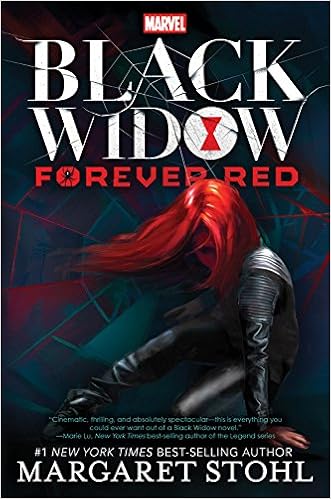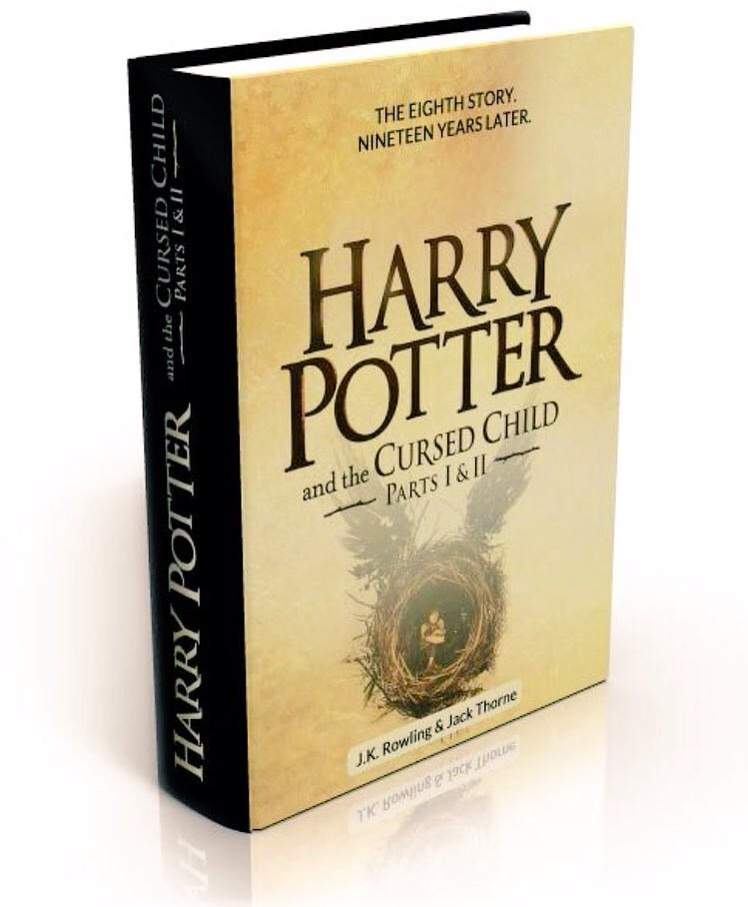Stohl, Margaret (2016) Black
Widow: Forever Red. New York: Marvel

Opening Lines: Natasha
Romanoff hated pierogies – but more than that, she hated lies.
Lying she was fine with.
Lying was a necessity, a tool of tradecraft. It was being lied to that she hated, even if
it was how she had been raised.
Everything Ivan used to say was a lie.
Ever since I first bought comic books at Argus Used Books Shop in
Grand Rapids, Michigan, there have been novelizations of the Marvel
Superheroes. I remember reading some of
them, and remember some being good and some being not so good. What seemed to make a difference often was
whether the writer of the novelization seemed to have read at least as many of
the comics as I had. If they hadn’t, the
book was usually missing some important links or characterization, or some
aspect of the main character’s personality, or even about the world they lived
in.
Recently, Marvel has upped the ante. They have managed to get some real giants of
adolescent and YA literature to craft stories about their heroes (now household
words after the terrifically popular series of Marvel movies. Eoin Colfer has written about Iron Man,
Shannon Hale about Squirrel Girl, and Margaret Stohl about Black Widow. These are not graphic novels, they are regular text novels containing brand new stories. And
sometimes it works.
I am not sure what to tell you about Margaret Stohl’s Black Widow, Forever Red. Stohl has done her homework and the storyline
seems to fit well with the character. The
story has Natasha Romanoff (The Black Widow) shepherding two teenagers. Ava is a homeless kid living in New York who
was exposed to a strange experimental machine when she was a young child and
seems to have gained reflexes, strategy, and tradecraft similar to what the Black
Widow has. Alex is living a comfortable suburban
life, raised by a single mom. But it
turns out that he seems to have black widow-like reflexes too.
And while the book is a fun action-adventure sort of a novel, if
it has a problem, here it is—you don’t buy this book to read about the two
junior widow kids. You want to read
about Natasha. This book spends at least
as much time on the two kids and often they seem to be the central focus of the
book. Their story is interesting, and
the budding romance between them will also hold readers’ attentions – but it is
supposed to be a story about Natasha.
Not much in the way of themes here – other than a kind of “Who am
I” theme that draws connections between Black Widow and the kids throughout the
book . There is certainly violence, a bit of vulgar language (though not much)
and some suggested sexual intimacy between Alex and Ava, but nothing very
explicit. This would be a good one for a
7th through 12th grade classroom library, but I cannot imagine
any class actually studying it and getting much out of it.
Rowling, J.K.; Tiffany, John; and Thorne, Jack (2016) Harry Potter and the Cursed Child. New York:
Arthur Levine.

Opening Lines: King’s
Cross. A busy and crowded station. Full of people trying to go somewhere. Amongst the hustle and bustle, two large
cages rattle on top of two laden trolleys.
They’re being pushed by two boys, James Potter and Albus Potter. Their mother, Ginny follows after. A thirty-seven year old man, Harry, has his
daughter Lily on his shoulders.
ALBUS: Dad, he keeps saying
it.
Harry: James, give it a
rest.
Of course, this is the latest in the Harry Potter saga – or is
it. Presumably written by John Tiffany
and Jack Thorne with editorial oversight by J.K. Rowling, the story follows the
children of the heroes of the first seven books. Specifically we meet Harry’s son Albus, who
gets sorted into Slytherin house, and Draco Malfoy’s son Scorpius, who meets
Albus and forms a sort of friendship.
I have talked to several other Harry Potter fans about this,
including my own daughter, and though they all have read it, they all have some
reservations. The first reservation I
inevitably hear may be the easier of the two to dismiss. They will inevitably say the writing just doesn’t sound
like Rowling’s. I detected several spell
names which seemed to be theatrical puns rather than the Latinate incantations
that Rowling prefers And certainly our heroes, now recast as middle
aged parents, seem to lack the energy and sharpness they had in the first seven
books. But we might respond that it
doesn’t sound like Rowling because it probably wasn’t her that wrote it. This seems like a purist’s complaint.
The second complaint is harder to articulate, but I would argue is
a more serious flaw of the book. The
relationship between Albus and Scorpio is ambiguous. Are they really good friends, or is there a
homosexual attraction between the two?
The book stops short of clarifying this, perhaps preferring that the
reader decide for him or herself. When I
read it though, this ambiguity seemed to mess up both possibilities. Their relationship seems a bit too hysterical
to be a strong platonic friendship, but it seems too reserved to really be a
gay relationship. This wouldn’t be such
a big deal except that so much of the theme and the plot hang on their relationship. So it is very hard for the reader to see that
motivations spring from a deep platonic relationship (as they did between
Harry, Ron and Hermione, at least until Ron and Hermione became an item in the
sixth book) because the relationship being shown doesn’t seem to be
platonic. But it also doesn’t seem to
work as a gay relationship because without that relationship being able to
develop in any real way, it too lacks depth.
None of this need concern teachers who are afraid of the book
being challenged. It is all open for
interpretation and nothing is clear. But
that makes it a hard book to read.
Perhaps it is clearer in the stage production.
At any rate, though it is certainly an imperfect book, Harry
Potter fans will want to read it. It
might be a good addition to a high school language arts class library.